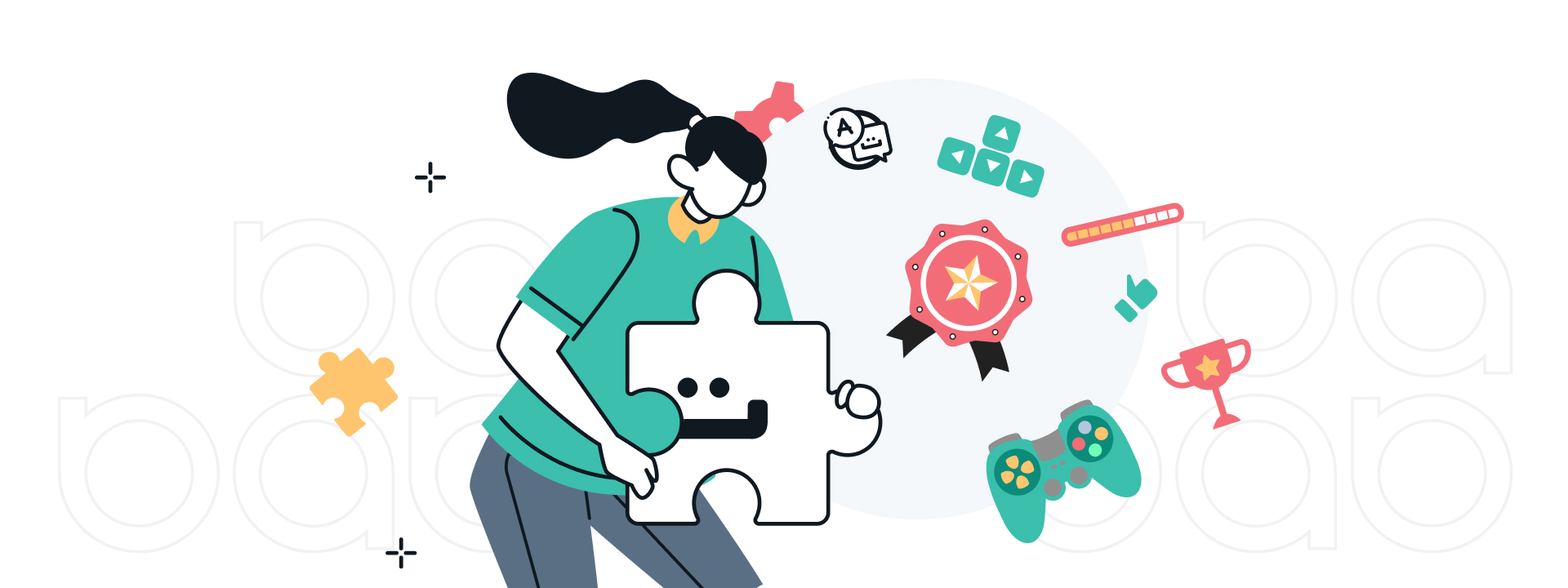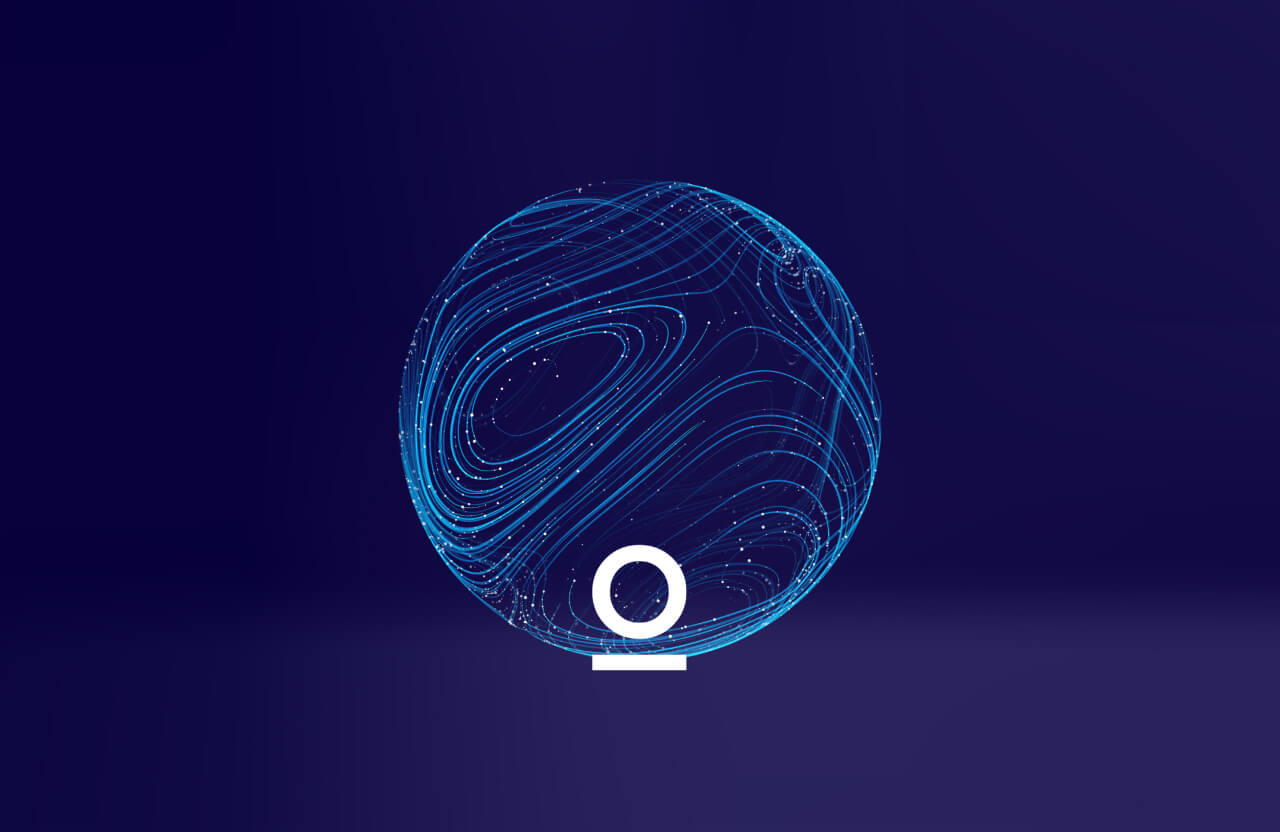
Arabic, the 5th most spoken language in the world, is a macro language with more than 30 different dialects. Arabic-speaking countries span from the Arabian Peninsula to North Africa and Arabic is the official language of 26 countries in total.
In addition to being the 5th most used language, it is also considered as one of the languages that has grown the most as population has increased over the past 10 years. If this increase continues, it is predicted that Arabic will be among the most spoken languages on the internet by 2050.
In this article, we will focus on how to best implement Arabic game localization and how you can watch out for and overcome the specific challenges that come with this unique and important language when localizing your game.
Video Games in The Arabic Market
Countries where Arabic is spoken are among the most promising markets in the world. Millennials in Arab countries are considered to be the audience segment that make most of the purchasing decisions and uses the internet. Likewise, the growing demand for video games in Arabic-speaking languages leads to more and more game localization services to focus on the Arabic language.
However, Arabic is considered to be one of the most difficult languages to localize. The Arabic language’s richness, diversity, and complexity make game localization challenging. To top that off, technology that accommodates the Arabic language is lacking and insufficient, especially when compared to that of other dominant languages like English. Due to the lack of software support, Arabic brings with it the greatest challenges in video game localization.
Here we’ll deep dive into those challenges and how you can tackle them with the right approach to your game localization project.
Most Popular Games Among Arabic Gamers
The most popular categories in the region include strategy, action, RPG (role-playing games), and casual games.
Is Arabic Really Just One Language?
With so many dialects where each has drastically different words, terminologies, traditions, and accents, we often look at Arabic as tens of distinct languages – not just one. Here are some of the most widely-used and important dialects you can consider for your game localization.
Egyptian
One of the most important dialects of Arabic, the Egyptian dialect is spoken by over 100 million people in Egypt alone. Since Egypt is the center of the Middle Eastern artistic and cinematic scenes, the Egyptian dialect is greatly understood by other countries, not only Egyptian-Arabic speakers.
Gulf
Gulf Arabic, spoken on the coasts of eastern Arabia and around the Persian Gulf, is a dialect of Arabic of increasing importance. It is spoken in Saudi Arabia, Bahrain, Qatar, Iraq, Oman, and United Arab Emirates.
Gulf Arabic and Standard Arabic differ in phonetics and grammar. The reason for the phonetic differences is that the language in that region is influenced by Persian.
Levantine
The Levantine dialect is spoken from the north of Mesopotamia throughout the region covering the Mediterranean coast. The mother tongue of more than 32 million people, the Levantine dialect is spoken in Syria, Jordan, Lebanon, Israel, and Palestine.
Levantine Arabic is the dialect most influenced by other languages. This dialect is divided into Northern and Southern. Therefore, it is very important for which country Arabic translation is requested within the scope of localization services.
Saudi
Saudi Arabic generally corresponds to Standard Arabic. However, Gulf, Northern and Southern dialects are also spoken in Saudi Arabia. Although the region has different dialects, Standard Arabic is spoken in official institutions, media, or schools.
Essentials For Arabic Game Localization: How to Do It Right?
Before moving forward with Arabic game localization, it’s important to understand the essence of localization. Localization is a language service that is practiced under the umbrella term translation. However, in contrast to translation, localization goes one step further and includes both translation and adaptation of the entire experience to fit the target country.
The list of tasks for the linguist performing the localization is diverse. Important linguistic measures of localization include:
Arabic culture, its traditions, language, and dialects are thousands of years old. The localization into the Arabic language means transferring the cultural richness between Orient and Occident.
Arabic is a language that stands out with its unique qualities. Here are some crucial points you should know before working with Arabic:
Transliteration
Transliteration is the process of converting fields or characters from one alphabet to another without retaining the underlying meaning. The sounds are replicated phonetically in another language, not in meaning. When you need to decide whether to transliterate or translate an Arabic text, a two-way method may be more useful.
For example, the name “Dead Warfare: Zombie Shooting” may seem odd when directly translated as “حرب الموت: إطلاق النار على الأحياء الأموات “ (translation: “War of the Dead: Shooting the Living Dead”). It will be much more relevant when the name of the game is changed to “حرب الموتى: قتل الزومبي” instead.
This version can be translated as “The war of the dead: killing zombies”. The word “Zombie” is commonly used in the Arabic-speaking region as it is heavily adapted for zombie-themed TV series. Therefore, “Zombies” is localized with transliteration instead of being translated as “الأحياء الأموات”.
Transliteration is a convenient solution for words commonly used in the region, but it can sometimes cause confusion. For example, the transliteration of “Dead Warfare: Zombie Shooting” is “ديد وارفار غيبوبة” which means nothing in Arabic. So, it is crucial working with a native Arabic translator to ensure your game is correctly localized so that it can be understood by users in the region.
Although people speak different variants of the Arabic language, standard Arabic is understood by everyone. Also, while many users understand basic English terms such as “Start”, “Play” and “Continue”, this does not apply to more complex expressions.
RTL
Arabic is written from right to left. For example, ”مازن” is read from right to left, but if incorrect Arabic formatting is used, the word will appear as “نزام”. Letters can be combined as necessary to form meaningful words. For example, “م ا ز ن” should be written as ”مازن”, otherwise letters one by one will be read and in this case the text will be meaningless.
User Interface and Layout
The translated text may not fit in the game’s interface, as Arabic words and phrases are often longer than English. Arabic translators need to use their creativity to make alternative translations that are contextually appropriate. Also, it is important that letters are connected as some fonts cause gaps in the typeface.
Cultural Adaptation
Although all Arab countries share the same language and mostly the same religion, their complex structures of diverse cultures show that these countries are actually quite different from each other. Therefore, it can be difficult for game developers to know what will improve performance and gain acceptance across each user base. This means not only the language but also the content should be localized.
The Arabic language covers many countries with unique cultures. So, Arabic game localization may produce not only odd but even offensive, obscene, or culturally insulting results. Such video game localization pitfalls can have fatal consequences for video game companies.
Particularly in the case of a language such as Arabic, which is very different from the European languages, we advise you to carefully choose the game localization services for operation. Industry experience and specialization in the gaming sectors should be a prerequisite. This ensures that technical terms and the structure of the translations are correct and that the context is also taken into account.
If you want to place your game in this thriving market, you should orientate yourself on the needs and wishes of Arabic countries. Here, we bring our proficiency. If you want to cross borders, our Arabic video game localization services are ready to assist you. Contact us now!





















